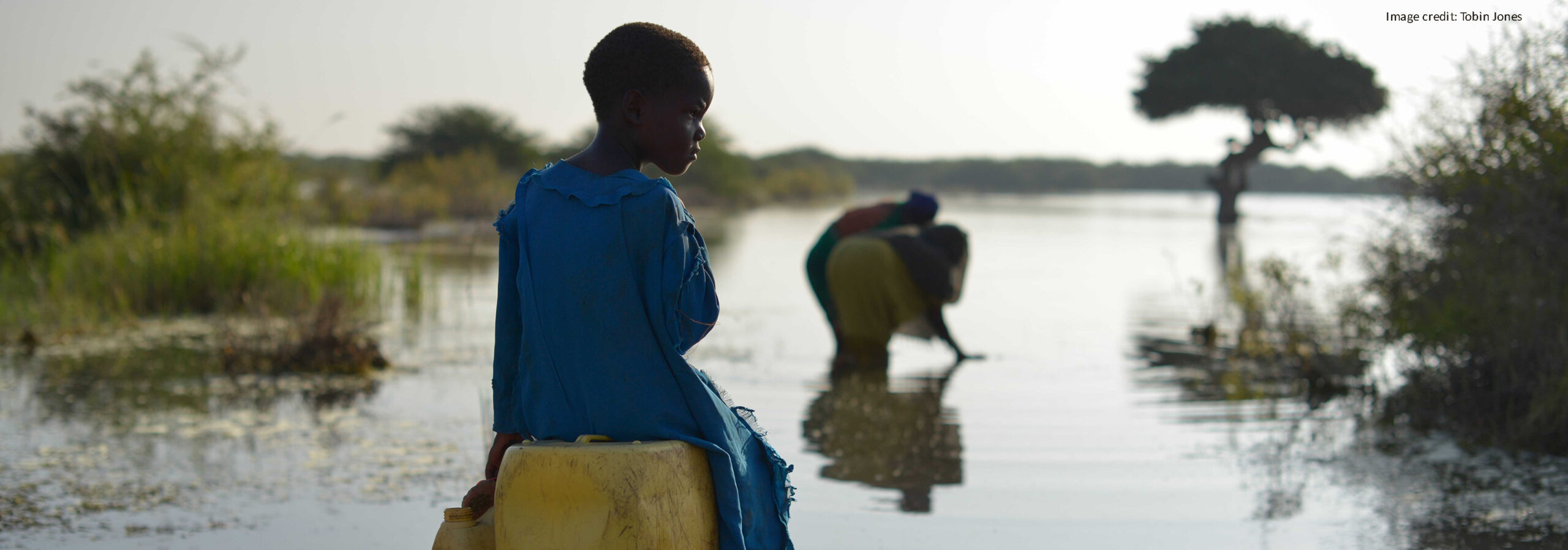From 2015 to 2025, the REACH programme aimed to improve water security for 10 million vulnerable people across Africa and Asia. In its final review, the UK Foreign, Commonwealth & Development Office (FCDO) awarded the programme its highest rating, A++.
In their assessment, FCDO reviewers commended REACH’s exceptional achievements, stating:
In addition to exceptional performance at output level, REACH has substantially exceeded outcome indicators as well as ambitious impact target, leading to improved water security for over 10 million poor people and a legacy which is projected to reach an additional 100 million people. This impact achieved is double what was envisaged at the outset of the programme, and was achieved with an only 50% increase in programme value. The focus on outcomes and legacy has built strong sustainability and capacity which further justifies the Output based scoring of A++.
With its legacy projected to reach over 100 million people, REACH stands as a model for sustainable, high-impact development programming.
Policy Influence and Global Reach
REACH’s influence has led to major policy and investment shifts in its three focus countries:
- Bangladesh: REACH research is guiding $20 billion in infrastructure investments to improve water quality in Dhaka. The government has also committed to a six-year national budget to co-fund safe drinking water in schools and clinics.
- Ethiopia: Work on climate resilience, groundwater, water quality and inequalities has catalyzed a €45 million investment from the Government of the Netherlands.
- Kenya: A scientific breakthrough has enhanced understanding of regional climate systems affecting 25 million extremely water insecure people in the region.
Scientific Excellence and Capacity Building
The programme has produced 146 open-access publications, cited over 3,600 times, and generated 324 training years for Early Career Researchers—over half of whom are women, and more than 80% from the Global South. This investment in local capacity has strengthened academic leadership and policy engagement across partner institutions.
Key Lessons and Recommendations
REACH’s success is attributed to:
• Strong, sustained government partnerships
• Long-term, interdisciplinary Observatories to test and scale interventions
• A clear, ambitious goal aligned with climate, gender, and poverty reduction agendas
• A robust gender strategy embedded across all activities
Legacy – Scaling up and scaling out
REACH’s legacy continues through models like SafePani in Bangladesh, Uptime, and SafeManzi in Zambia. In partnership with governments in Bangladesh, India and Zambia, innovations approaches developed under the REACH programme are now being scaled to reach 100 million people by 2030, demonstrating how research can drive sustainable development at scale.
For more information, visit the 100 Million Initiative website and view the Executive Summary of the Programme Completion Report
The programme’s success reflects the contributions of a wide network of collaborators, including:
- UNICEF
- International Food Policy Research Institute (IFPRI)
- International Water Association
- Skat Foundation
- RWSN – Rural Water Supply Network
- IRCWASH
- Water and Land Resource Center (WLRC)
- Addis Ababa University
- Bangladesh University of Engineering and Technology (BUET)
- University of Dhaka
- International Centre for Diarrhoeal Disease Research, Bangladesh
- Institute for Climate Change and Adaptation, University of Nairobi

